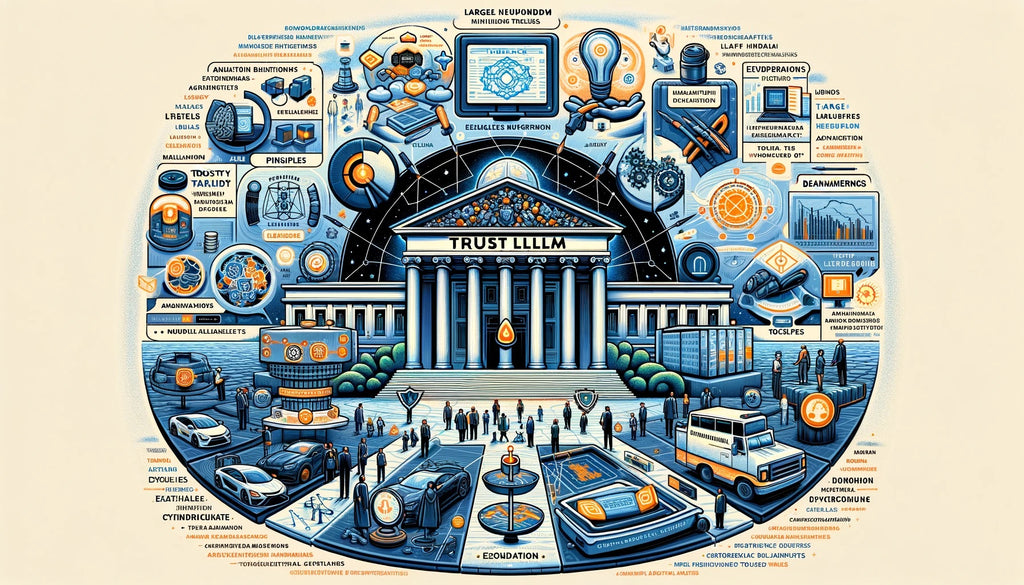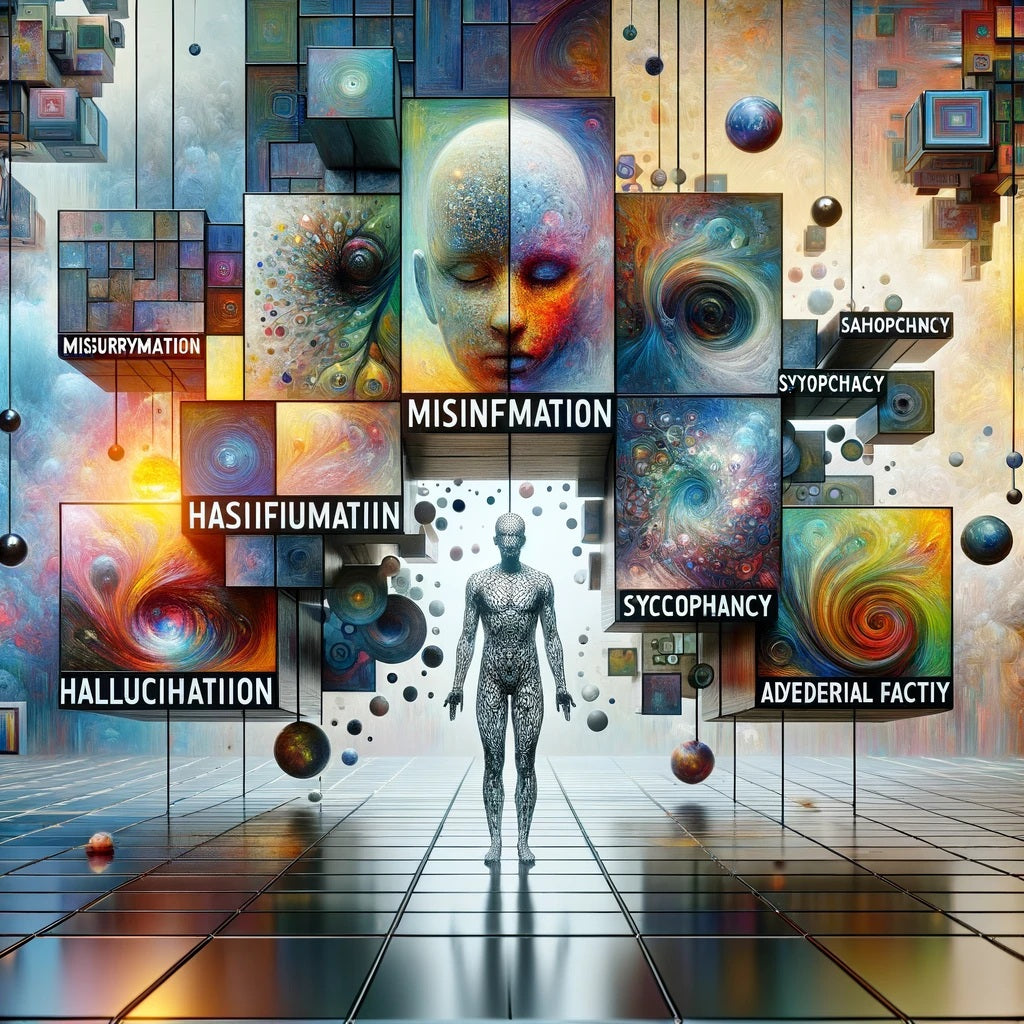AI Risk RSS
Trust LLM: Types of Ethical Agents: Understanding James H. Moor's Categorization
Abstract Introduction Background Trust LLM Preliminaries Assessments Trustworthiness Truthfulness Safety Fairness Robustness Privacy Protection Machine Ethics Transparency Accountability Open Challenges Future Work Conclusions Types of Ethical Agents Types of Ethical Agents: Understanding James H. Moor's Categorization In the realm of ethical robotics and artificial intelligence, James H. Moor's categorization of ethical agents provides a comprehensive framework for understanding how robots can adhere to ethical standards. His classification includes ethical impact agents, implicit ethical agents, explicit ethical agents, and full ethical agents. Ethical Impact Agents These are robots or AI systems whose actions have ethical consequences, regardless of whether they...
TrustLLM: Conclusions
Abstract Introduction Background Trust LLM Preliminaries Assessments Trustworthiness Truthfulness Safety Fairness Robustness Privacy Protection Machine Ethics Transparency AccountabilityOpen Challenges Future WorkConclusions
TrustLLM: Future Work
Abstract Introduction Background Trust LLM Preliminaries Assessments Trustworthiness Truthfulness Safety Fairness Robustness Privacy Protection Machine Ethics Transparency AccountabilityOpen Challenges Future Work Types of Ethical Agents Conclusions TRUSTLLM is a comprehensive framework designed to analyze and enhance the trustworthiness of Large Language Models (LLMs). This framework includes principles for different trust dimensions, established benchmarks, evaluation methods, and analysis of mainstream LLMs. Limitations and Future Directions: The research acknowledges several limitations and outlines seven future directions to improve LLM trustworthiness: Expansion of Prompt Templates: Aims to reduce errors and randomness by diversifying prompt templates. Inclusion of Diverse Datasets: Incorporates a broader...
TrustLLM: Truthfulness
Abstract Introduction Background Trust LLM Preliminaries Assessments Trustworthiness Truthfulness Safety Fairness Robustness Privacy Protection Machine Ethics Transparency AccountabilityOpen Challenges Future WorkConclusions Types of Ethical Agents Truthfulness The provided content is a comprehensive analysis of the truthfulness of Large Language Models (LLMs) with a focus on four aspects: misinformation generation, hallucination, sycophancy, and adversarial factuality. Misinformation generation It is evident that LLMs, like GPT-4, struggle with generating accurate information solely from internal knowledge, leading to misinformation. This is particularly pronounced in zero-shot question-answering tasks. However, LLMs show improvement when external knowledge sources are integrated, suggesting that retrieval-augmented models may reduce misinformation....



